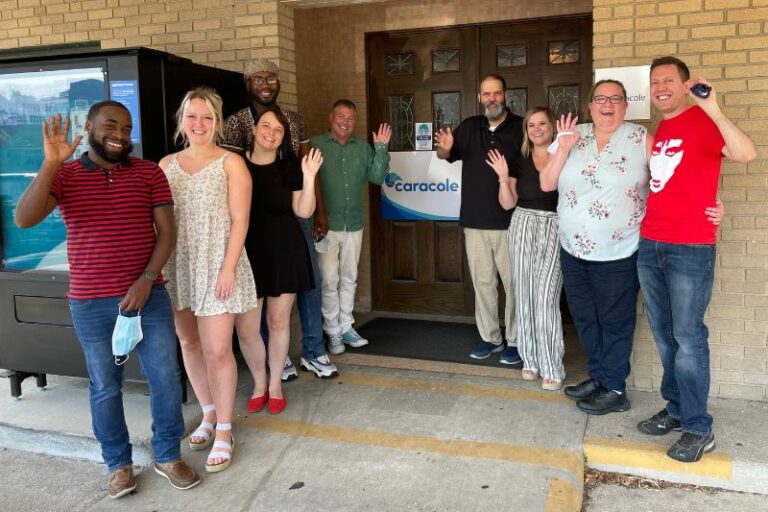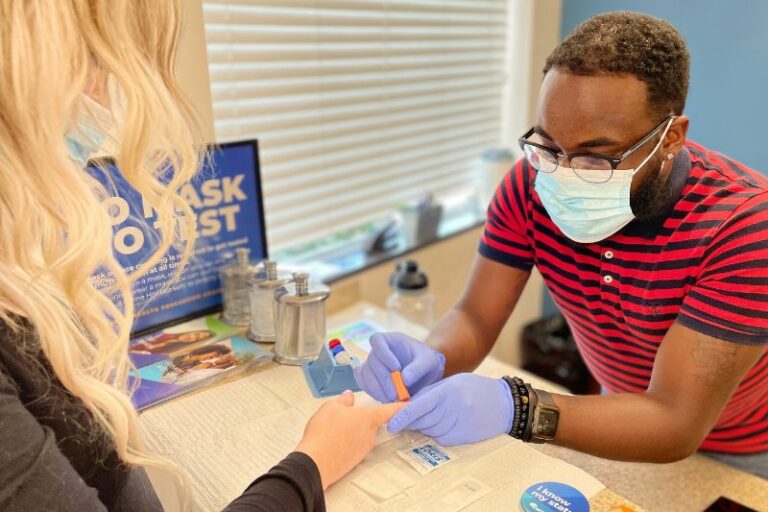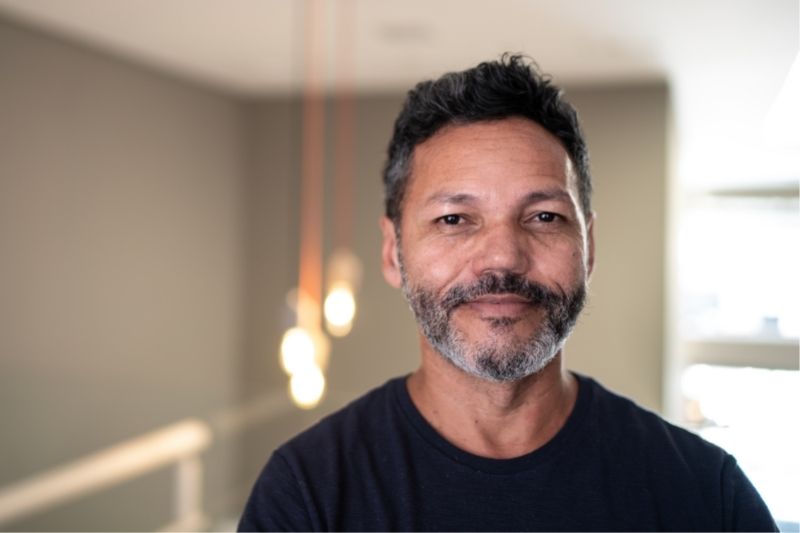Caracole provides housing and support services to individuals living with HIV, and their families, who are homeless or at risk of homelessness. Once a referral is made from Shelterhouse or your case manager, Caracole housing staff will review your application and may get in touch with you to clarify your situation and needs. Once you are approved for assistance, you will need to complete intake and provide some documentation. Then staff can work with you on finding housing or making assistance payments. This process can take several weeks depending on program availability and your needs.







